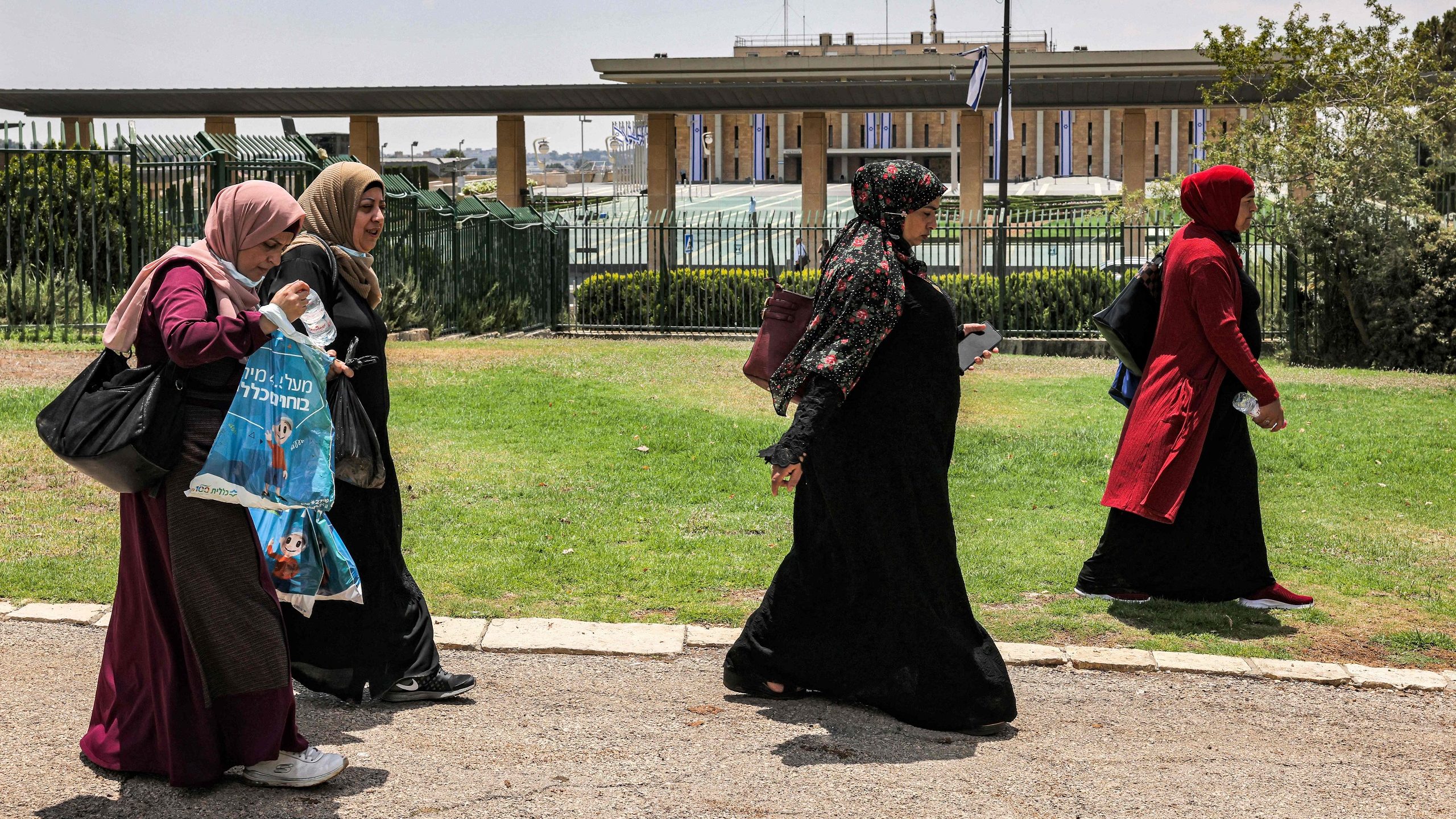The Arabs of Israel: Integration or Disintegration?
Al-Ittihad, UAE, April 30
The forefather of the Hebrew state, David Ben-Gurion, had a dream of integrating all components of Israeli society into one nation, whether they were native-born or immigrated from abroad and regardless of whether they were Eastern or Western Jews. As a part of this approach, the Palestinian residents of Israel – who remained in the land after 1948 – obtained Israeli citizenship and became citizens of the state. Today, this group represents more than 20% of the population of Israel. But the perennial question remains: are they truly citizens or are they still Palestinians? Until the most recent parliamentary elections, no Arab party has ever participated in a coalition. This precedent was broken when the United Arab List joined the current coalition, under the leadership of Prime Minister Naftali Bennett. However, the party recently – and only as a matter of formality – froze its membership in the coalition and the parliament due to the developments in Al-Aqsa Mosque. In contrast to the integration we see at the Knesset, the Israeli public widely fears the Arab minority that lives among them. This comes into play in a wide range of ways, most recently when the chairman of the House Committee, Nir Orbach, confirmed that he will hold a session to discuss the expulsion of Arab MP Ayman Odeh from the legislature over the latter’s call on Arab citizens to quit serving in the Israeli army. This is compounded by the existence of a crisis of confidence regarding future relations between Israeli Arabs (and the state), and one of the most sensitive points is the issue of land confiscation, as the Israeli government has seized all the lands of Arab municipalities to settle Jewish immigrants. The government also promoted segregation of the Arab population through administrative decisions, confirming that the Israeli Arab is not equal to the Jewish citizen. Indeed, most of the Israeli Arab population living in Arab cities does not receive the same quality of services received by their Jewish counterparts. Furthermore, if a war breaks out with Hizbullah in Lebanon, or with Hamas in Gaza, it is expected that confrontations may develop within Israel as well. This will take shape in elements in the Arab community taking advantage of the potential chaos and challenging the security services. Hence, the current situation of the Arabs of 1948 requires radical treatment. Unless the Arab citizen who obtains Israeli citizenship feels that he has a future, Israel will find itself forced to face its fate and deal with a rebellious population that doesn’t associate itself with the state. –Tarek Fahmy (translated by Asaf Zilberfarb)
Give the gift of hope
We practice what we preach:
accurate, fearless journalism. But we can't do it alone.
- On the ground in Gaza, Syria, Israel, Egypt, Pakistan, and more
- Our program trained more than 100 journalists
- Calling out fake news and reporting real facts
- On the ground in Gaza, Syria, Israel, Egypt, Pakistan, and more
- Our program trained more than 100 journalists
- Calling out fake news and reporting real facts



